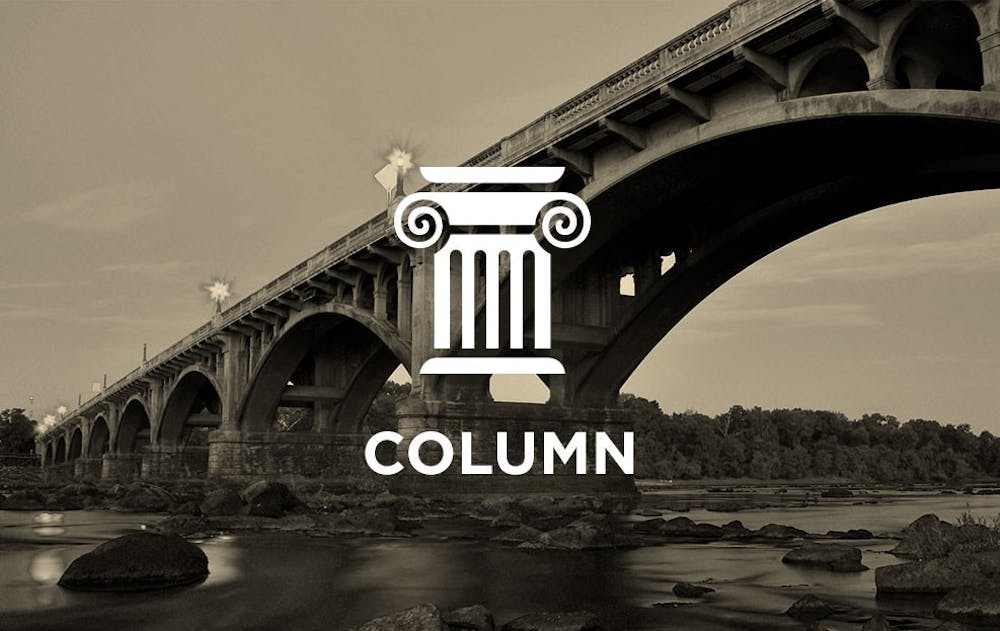When it comes to discussing privilege, my opinion is swiftly and decisively invalidated. As a white, socioeconomically sound male (a superficial and ultimately meaningless description of myself that I am loath to even put on paper), my right to respond to the assertions of those with different experiences is stripped away. Instead of engaging in a meaningful and productive dialogue about race, class and gender, I am instead pedantically instructed as to what my identity has entitled me to — based solely on the three aforementioned criteria. Somehow, my experiences are judged without having actually discussed the specifics of my life beyond what is visible.
Despite my ardent attempts to escape this characterization, my identity (which is purported to entitle me to certain advantages) is ironically used as ammunition to shoot down discussion. “Check your privilege,” a be-all, end-all retort to any opposition to the concept of privilege has entered the common parlance in place of open debate. In addition to this phrase being a logically fallacious ad hominem, it is divisive and counterproductive. Forgive my confusion, but what is the point of identifying a problem if the goal is not to find a solution? This approach to inequity enforces an “us vs. them” mentality that is as antipodal to progress as it is dangerous to free expression and open debate. If firsthand experience is to be a prerequisite for discussion, many areas of study (most notably history) would soon be rendered obsolete. So why, then, is discussion of privilege treated differently?
Beyond discouraging conversation between people of varying backgrounds, the concept of privilege (or lack thereof) removes responsibility for success or failure from the individual and instead places the onus onto those born into more socially favorable positions. While the idea of perseverance teaches us to succeed despite adversity, the concept of privilege merely identifies its presence. Recognizing privilege and its advantages is not a call to action, it is not a demand for change and it is not a rallying cry. So why identify a phenomenon if doing so serves no observable function?
At this point, it is necessary to take a step backward. I am not suggesting that privilege doesn’t exist, and I am not denying its far-reaching and often transformative implications. I do, however, take fault with the approach this country has taken to it. If privilege is a form of social inequality, than merely lamenting its presence has no utility. As a culture and as a country, we should focus less on distinguishing between different types of privilege and more on prospering because of the unique challenges that each of us has to overcome.
Privilege is not limited to race, gender, sexual orientation or any number of external characteristics. Judging the abilities and limitations of others based solely on superficial factors disregards and discredits the varying types of challenges that people face. In other words, adversity is not quantifiable. Nonetheless, the most visible traits are erroneously the main focus in discussions of privilege. Such an approach immediately divides people along concrete, yet often arbitrary lines that dismiss struggles that aren’t immediately visible.
Furthermore, discussions of privilege cannot reject the ideas of those who are in socially advantageous positions. If social equality is truly the goal, it stands to reason that discrediting someone’s opinions because of his or her experiences is counterproductive. Change requires unity, not division.
Most importantly, however, discussions of privilege cannot be polarizing. It is important that people understand privilege, but it must be acknowledged that privilege is not a binding contract. Whether a person is endowed with certain advantages or born with none is no indication of his or her abilities or potential. Reducing a person’s narrative to a single factor such as privilege is condemnable, but denying that person a voice because of it is completely intolerable. Ironically, this kind of thinking operates along the same dangerous line of logic that resulted in exclusionary practices such as racism in the first place.
There is beauty in collaboration, and even more in diversity. As such, one’s experiences should never act as a discrediting factor. Alienating anyone in discussions of equality needlessly eliminates intellectual capital, and if overcoming adversity is truly the goal, this is not a price we can afford to pay.

